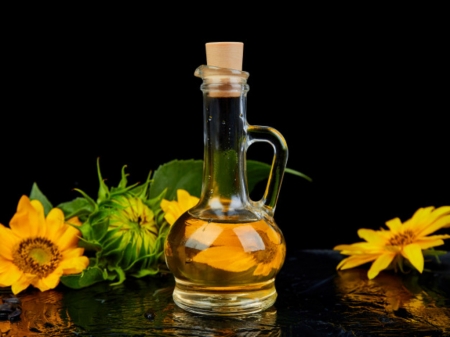Most people nowadays are cautious regarding cooking oils they use in their food. People always think about being overweight and having high cholesterol when it comes to fat in food. The misunderstanding that all fats are harmful is made worse by the notion that certain fats are classified as “bad.”
Fats and oils contain essential omega 3s and 6s fatty acids
However, that is not true. Assistant professor of nutrition at Harvard’s T.H. Chan School of Public Health Shilpa Bhupathiraju said that it is vital to consumer oils.
Fats and oils contain omega 3s and 6s fatty acids that are part of the cell structure in the body. They serve as the building elements for hormones, aid in the reduction of inflammation, and reduce blood pressure and bad cholesterol. Oil also imparts flavor and satiation.
Knowing which kind to utilize is crucial. When you cook at home, it’s simpler; when you dine out and can’t oversee every stage of the process, it can be difficult. But choosing healthier oils is only one aspect of it. They contribute to a healthy diet when they are part of a diet that limits processed foods, easy carbohydrates, and sugar.
Plant-based oils are the healthiest oils.
The healthiest types of oils are typically those in liquid and made from plants. Olive oil is among the first oils that come into mind when talking o the healthiest oils. Extra virgin is the best variety since it is the least refined, lowers blood cholesterol, and offers antioxidants.
Corn, sunflower, canola, safflower, and soybean then all fall under the category of healthier oils. The last one, formerly hydrogenated but now in its natural form and a great source, wasn’t always considered a healthy option.
Butter, palm oil, lard, and coconut oil are all considered unhealthy. They are comparable in that they’re semi-solid and contain a lot of saturated fat. Consuming that fat raises LDL cholesterol (“bad” cholesterol) and has been linked to a higher risk of diabetes and cardiovascular disease.


